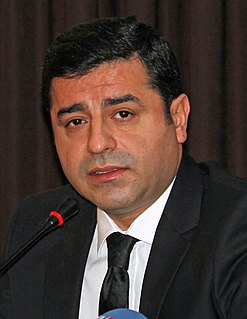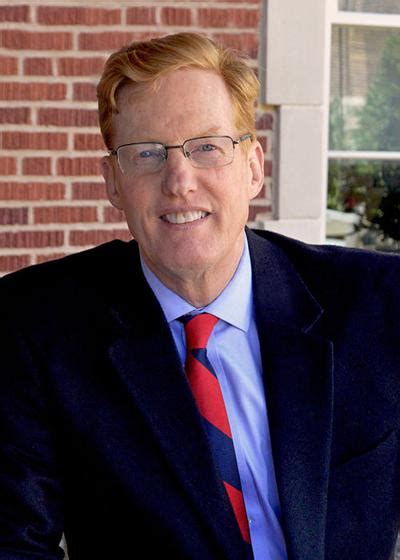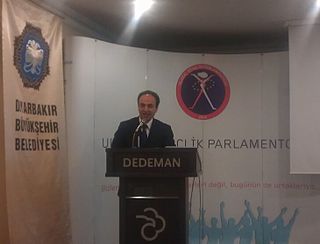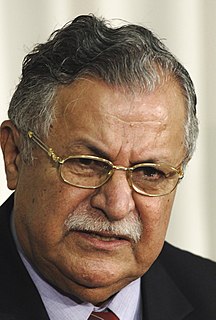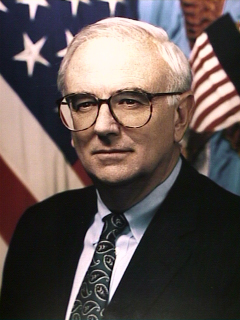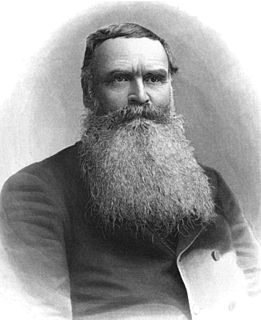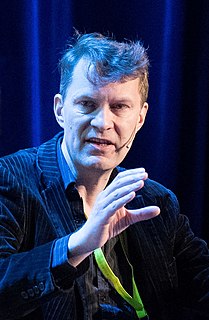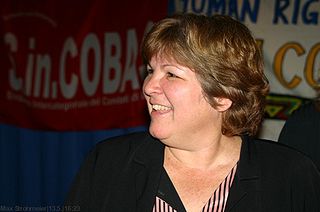Top 55 Kurdish Quotes & Sayings
Explore popular Kurdish quotes.
Last updated on April 14, 2025.
I think that all countries of the region should join their efforts in the fight against a common threat - terrorism in general and ISIS in particular. It concerns Iran as well, it concerns Saudi Arabia (although the two countries do not get along very well, ISIS threatens both of them), it concerns Jordan, it concerns Turkey (in spite of certain problems regarding the Kurdish issue), and, in my opinion, everybody is interested in resolving the situation. Our task is to join these efforts to fight against a common enemy.
Kurdish autonomous region of Iraq is clearly a 'client' state of the West, of Turkey and to some extent, Israel. It is shamelessly capitalist, taking land from its own people, cheating them, just in order to pump and refine huge quantities of oil. It treats Syrian refugees like animals, forcing them to make anti-Assad statements. It is turning ancient Erbil into some bizarre shopping mall with nothing public in sight. Its military top brass is mainly US/UK-trained and indoctrinated. And it provokes Baghdad, day and night.
There was a time when Istanbul was one of the safest cities in the world, because people were afraid of the police. People are no longer as afraid of the police as they used to be. Mugging used to be almost unknown; now everybody is afraid of mugging. In that sense, the downside of liberalization is already being felt in Turkey. And of course some people are afraid of Kurdish ethno-terrorism, which worries Turks very much more than the religious sort.
Nation states are not a solution for democratic governance. This is same for Kurdish people. To see it as a solution is same as trying to drink water while drowning. The real necessity is oxygen not water. The solution is to get out of water and take a deep breath, decrease nation state and increase social democracy. Therefore our requests of a state are no further than a social and deeply rooted democracy.
By very conservative estimates, Turkish repression of Kurds in the 1990s falls in the category of Kosovo. It peaked in the early 1990s; one index is the flight of more than a million Kurds from the countryside to the unofficial Kurdish capital, Diyarbakir, from 1990 to 1994, as the Turkish army was devastating the countryside.
I know it is said repeatedly that I was in support of the American invasion in Iraq. It is simply not true. I was in favor of helping the Iraqis, and most specifically Ahmad Chelebi and the Kurdish leadership to set up an independent government of free Iraq. I think that would have been the right thing to do.
I do believe that the Kurds are in a difficult situation. They do have some American support. How consistent that will be is unclear. But they have built up a strong military, and they have begun to build the institutions of an autonomous life in Northern Syria. Turkey's enmity towards the Kurds and their desire to make sure there is no independent Kurdish state or even really autonomous enclave is going to push the Kurds into Bashar Assad's hands over time.
Istanbul and the western and southern seaboards are very Europeanized. But then you have the Kurdish areas, in the southeast. That's Turkey's Middle East, where you have a different society, which itself is changing but much more slowly, where women are maltreated, are expected to have huge families, and are often basically beasts of burden. That is changing - with education, with the movement of people from the southeast to the west and the cities. As with so much in Turkey, you can't expect change to happen overnight.
Most Turkish Kurds want a quiet life and improved economic conditions. But the Kurdish regions of Turkey are mountainous; they're ill-favored climatically; they're poor; and there's a limit to what the government can do there without wasting a lot of resources. Developing the south east may mean decamping a large part of its population. But the thing that will improve the lot of the Kurds more than anything else will be the stabilization of Iraq in the first place, because then the Turkish southeast stops being a dead end. It can become a bridge, with trade flowing in both directions.
The Kurds know that they won't achieve their own state by force of arms but through international recognition. And they have certainly heard what the German foreign minister said in connection with the arms deliveries: There is no Kurdish state. But that shouldn't prevent the Kurds from continuing to develop their own institutions. Still, the best thing for them would be to remain a part of Iraq, but in return we must treat them with respect - their nationality, their language and their culture.
Tayyip Erdogan wants to go beyond George W. Bush by making critical journalism and critics in the academy illegal. What will be the difference between him and a military government? Very little. I read his remarks on the effectiveness of Adolf Hitler as Chancellor of Germany. Well, yes. But then the AKP would have to ban all other political parties, close down all critical newspapers, burn the books critical of the regime and gas the Kurds to death...the final solution of the Kurdish 'problem.' Somehow I don't think he is about to do that.
So many academics have been imprisoned or expelled from their university posts just because they signed a letter calling for peaceful solution to the Kurdish issue. They are all declared enemies of the state by the president. Just because they published a letter saying, "stop killing each other and begin talking for a peaceful resolution." That kind of intolerance from the government towards the rest of society - especially people in favor of freedom of speech, human rights, and more democracy for everyone - is a very important issue in Turkey.
ISIS is a formidable foe, but the counter forces to it have only just begun and if these forces, the Iraqi army, the Kurdish Peshmerga, American air power, the Syrian Free Army, work in a coordinated fashion, it will start losing ground. Also, please keep in mind that ISIS does not actually hold as much ground as the many maps flashed on television keep showing. Large parts of those territories that ISIS supposedly controls are vacant desert.
"Culture" is a new phenomenon, I believe. Culture is the new religion. People treat you based upon your culture. You are pushed to describe yourself by your culture: Kurdish or Turkish? Left wing or right wing? Progressive or conservative? Westerner or Easterner? European or Asian? So we have a label ready for you.
It wasn't just Shia that would go to Tehran and see the commander of the Quds Force and others and the legitimate government leaders. It was also Kurdish leaders and Sunni Arabs who would even link up with Qassim Suleimani, the commander of the Quds Force - maybe not in Tehran but in Turkey or somewhere else.
The US is often the first to call for transparency and integrity in the reporting of other governments. It has never provided transparency or integrity in its reporting on the war in Iraq. It has downplayed the growth of the insurgency and other civil conflicts. It exaggerated progress in the development of Iraqi forces, and has reported meaningless macroecomic figures claiming 'progress' in the face of steadily deteriorating economic conditions for most Iraqis outside the Kurdish security zone, and does so in the face of almost incredible incompetence by USAID and the Corps of Engineers.
The situation in Turkey is extremely troubling. A panic-stricken regime, desperate to divide the Kurdish population from non-Kurds because it feared the rise of the HDP, has helped to create a huge crisis in the country. Can it be ended while Tayyip Erdogan remains in power? I don't think so. Erdogan may not be a "joker," but he is definitely a political plagiarist.
Syria is descending into suicide. It's a horror story and getting worse and worse. There's no bright spot on the horizon. What will probably happen, if this continues, is that Syria will be partitioned into probably three regions; a Kurdish region - which is already forming - that could pull out and join in some fashion the semi-autonomous Iraqi Kurdistan, maybe with some kind of deal with Turkey.
We've seen in Europe after the recent terrorist attacks a certain retrogression in human rights. It depends on how threatened the Turks feel. For example, Turkey became much more tolerant towards Kurdish nationalists when the killing of Turkish soldiers stopped in southeastern Turkey and body bags stopped arriving. Now, since June there's been a revival of Kurdish attacks on Turkish troops - something like 150 people have been killed by terrorists supplied from and operating out of bases in northern Iraq. So Turks are feeling much less tolerant of Kurdish nationalism.
The problem of ISIS is not recent. Ever since the Second World War, people in this region have been, and are today, living under brutal dictatorships governed by nationalistic fervor. As for the Kurdish question: nobody from the Arab world is serious about fighting ISIS. It's only the Kurdish people who are standing firm against ISIS. And I think Europe, the United States, and most other democratic countries of the world are beginning to look at the Kurds in another way. The Kurds are really becoming their partners in the region.




